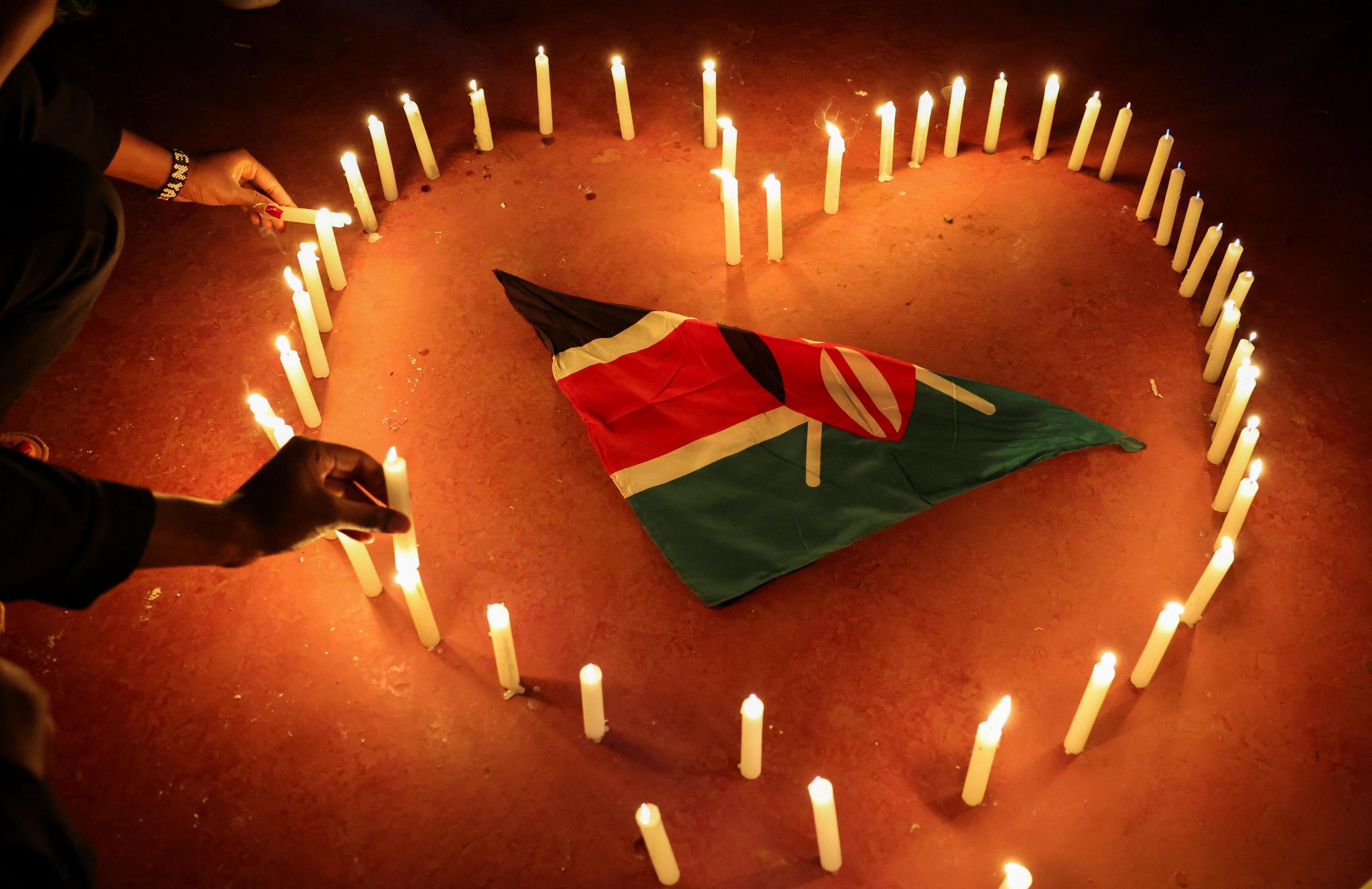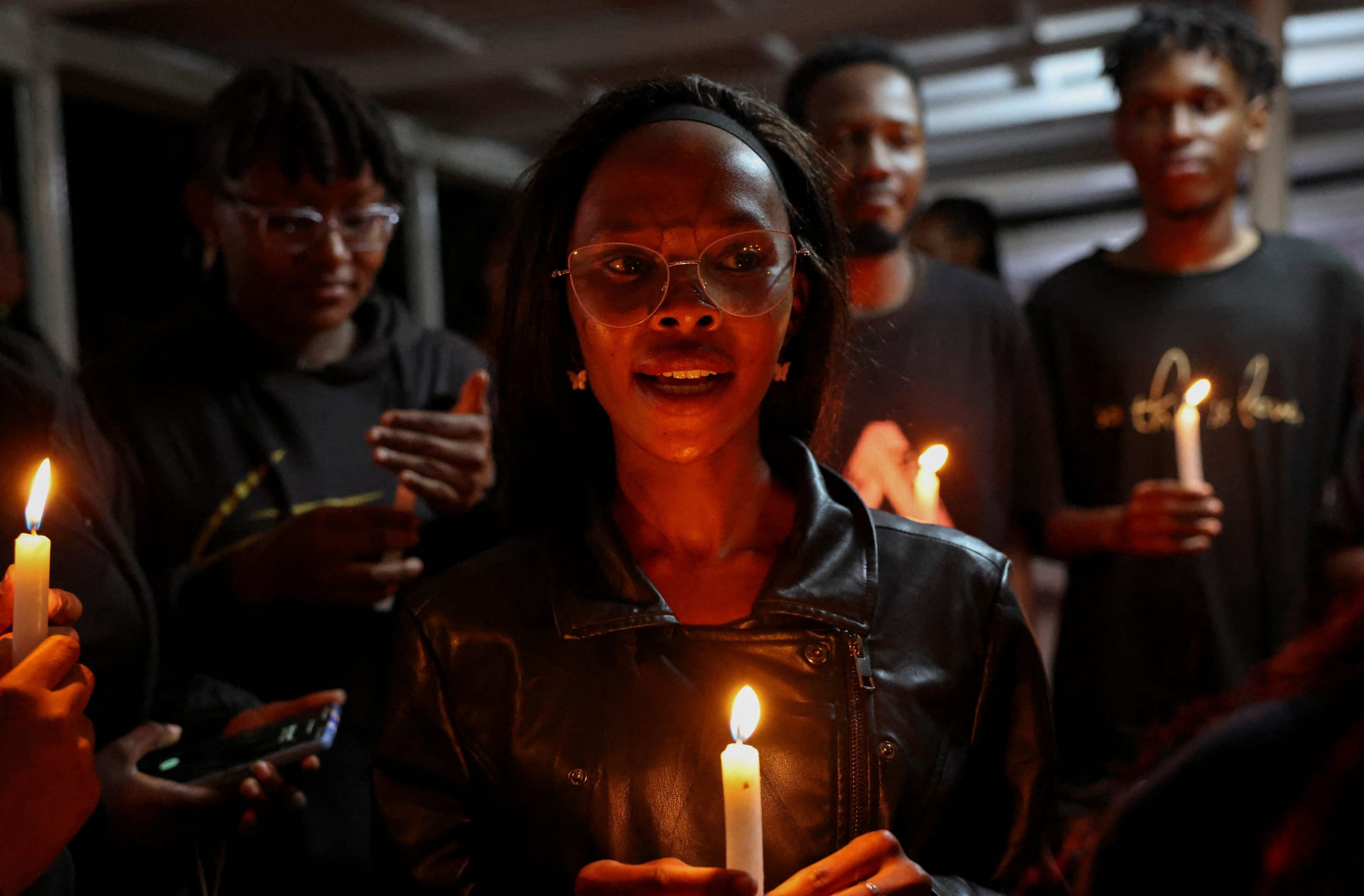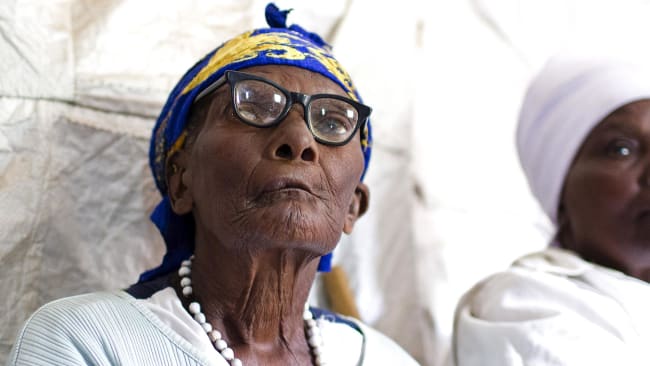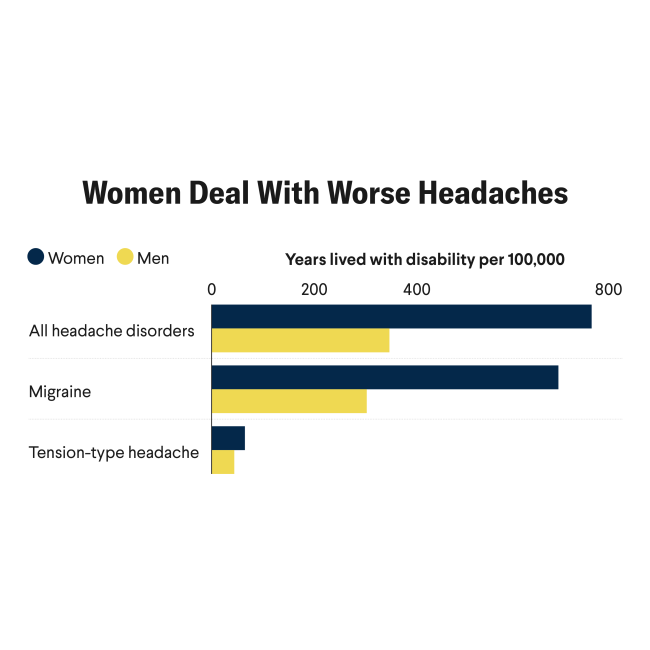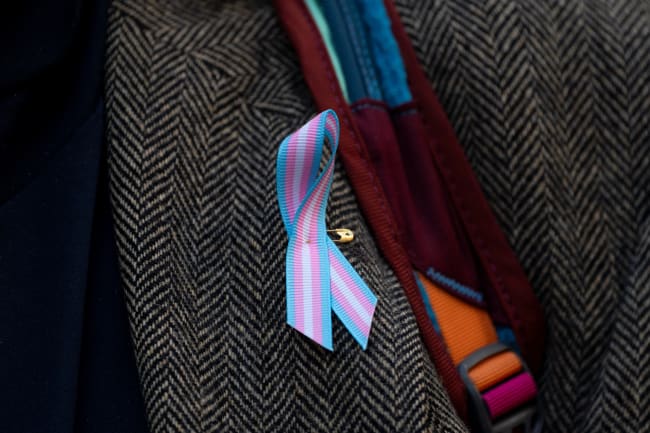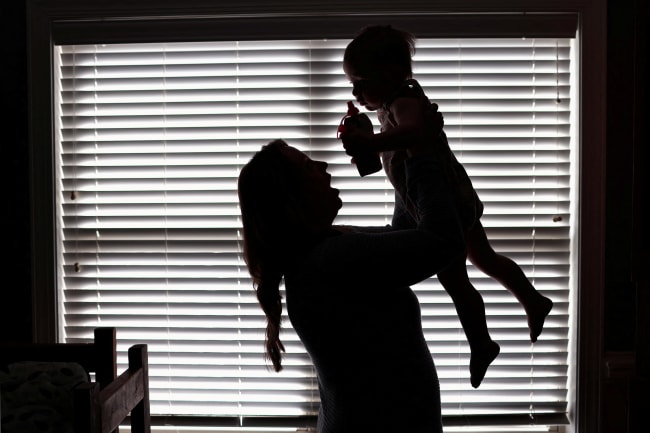Violence toward women and girls, a major problem in Kenya, is expected to surge as the United States terminates U.S. Agency for International Development (USAID) programs.
The removal of development aid has raised concerns around infectious disease management and humanitarian assistance, both within the U.S. government, and throughout the global health community. Yet another devastating consequence is unfolding in Kenya: the rollback of efforts to combat gender-based violence (GBV) and femicide.
GBV is a severe issue in Kenya, where at least 678 women and girls were murdered by intimate partners from 2016 to 2024. According to a 2022 national survey, about a third of all women ages 15 to 49 [PDF] have experienced physical violence since age 15, and 13% have experienced sexual violence at some point.
Until now, USAID-funded programs effectively provided shelters, medical care, counseling, legal aid, and educational initiatives aimed at shifting harmful cultural norms and empowering communities to take a stand against GBV.
The U.S. withdrawal threatens the collapse of this vital system. Catherine Meng'anyi, the GBV prevention and response coordinator for Migori County, in western Kenya, has already witnessed the dismantling of critical networks that once connected hospitals, police, and community support. "Emergency shelters are closing, and survivors have nowhere safe to turn. This isn't just a funding crisis—this is about lives," Meng'anyi told Think Global Health.
USAID's approach in Kenya was holistic, embedding GBV prevention into broader health and educational efforts. These programs targeted both immediate threats and the underlying factors—poverty, limited education, and deep-rooted cultural attitudes—that perpetuate cycles of violence. Without this targeted support, Kenya risks a resurgence in violence, potentially erasing recent progress.
Emergency shelters are closing, and survivors have nowhere safe to turn. This isn't just a funding crisis—this is about lives
Catherine Meng'anyi
Economic instability resulting from the sudden loss of U.S. funding further compounds this risk, particularly for women in Kenya's informal workforce. Those employed in artisanal mining and domestic labor—sectors known for low wages and poor workplace safety—also face heightened exposure to exploitation and violence due to the lack of regulatory protections. "Poverty drives vulnerability," said Meng'anyi. "Without international funding, the risks women face become significantly greater."
Some of the most successful interventions in Kenya—such as No Means No Worldwide, which educated young people to recognize and prevent sexual assault, and AMPATH's Dumisha Afya, a comprehensive initiative combining health care, legal support, and economic empowerment—demonstrated clear results in reducing violence.
No Means No Worldwide reported notable declines in sexual assault among participating youth. The loss of funding for these proven models threatens their sustainability and effectiveness.
The abrupt nature of these cuts has also created administrative chaos, as documented by reports [PDF] from the USAID Office of Inspector General. The rapid defunding process terminated programs overnight, raising significant concerns over transparency and oversight. A recent ruling by a U.S. district court judge said that the dismantling of USAID programs "likely violated the U.S. Constitution in multiple ways," though the Donald Trump administration won on appeal, the appellate judges did not agree on the reasoning behind the ruling. Although continued litigation is likely, the administration continues to drive toward a complete shuttering of USAID in the interim.
Critics, including organizations such as the Center for Global Development, argue that ideological considerations have overshadowed evidence-based evaluations of program effectiveness.
Health impacts extend beyond immediate violence prevention. The loss of U.S. support jeopardizes access to essential maternal and reproductive health services. Kenya's health-care system, already under strain, now faces further disruption, endangering lives—especially those of vulnerable women and adolescent girls. The World Health Organization has warned of imminent shortages in HIV treatment supplies, significantly increasing health risks.
At the grassroots level, local NGOs and community leaders have made substantial progress by directly engaging elders and advocates in the fight against violence. In communities such as Samburu and Sabaot, initiatives involving respected local leaders successfully challenged harmful practices including female genital mutilation and early marriage, significantly reducing rates of violence. Without continued support, however, these culturally sensitive programs are at serious risk of collapsing, potentially unraveling years of progress and leaving communities without effective local protections.
The quiet elimination of GBV interventions highlights an overlooked tragedy: Programs addressing societal issues such as violence against women often lose visibility when global attention shifts to other crises. Without sustained international attention and support, thousands of Kenyan women face increased danger, isolation, and vulnerability. "We have made so much progress, but the moment funding disappears, the risks reappear even stronger. Without continued support, everything we've built could quickly collapse," said Meng'anyi.
